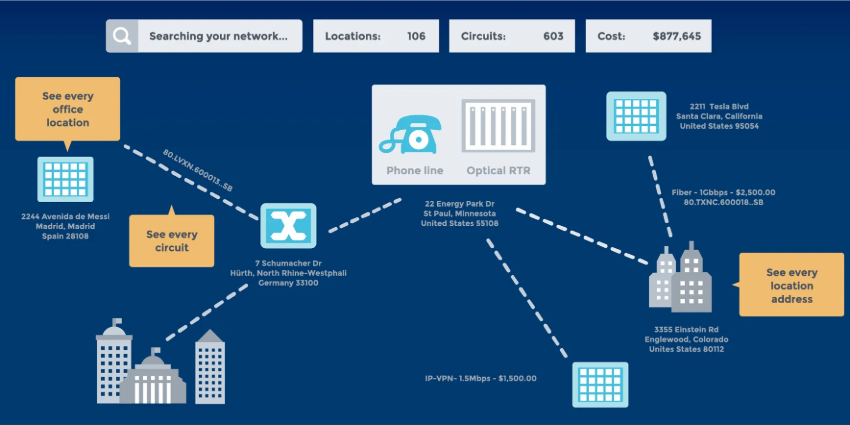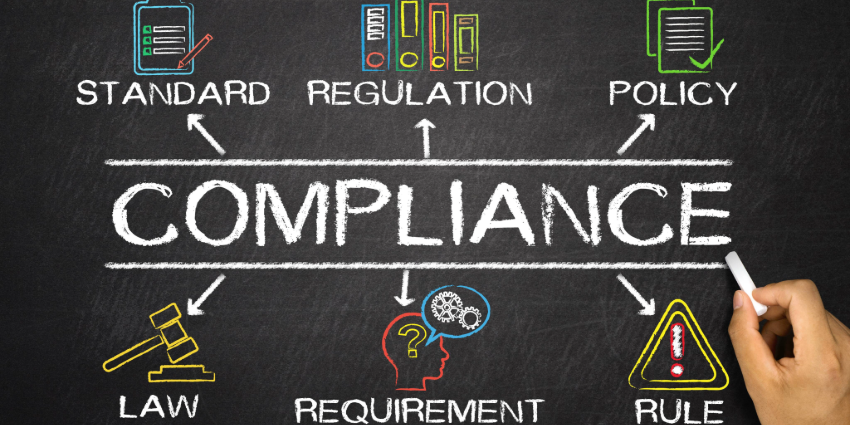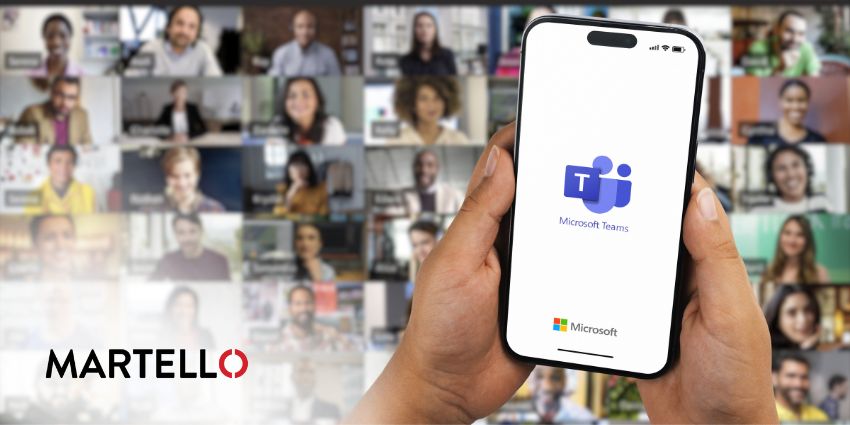Technology has played a crucial role in keeping our lives, both work and professional, moving during the pandemic.
But it’s important to remember that the tools we’ve benefited so much from over the last 12 months also come with their own pitfalls.
“Technology has been a double-edged sword,” RingCentral Chief Product Officer, Will Moxley, says.
“It’s been a huge enabler… but employees need to communicate much more than before, and they can end up bombarding and overwhelming each other with messages – and when you’re in video meetings all day you become fatigued.”
Moxley was speaking during his session at UC Summit, which focused on the trade-off between the benefits of remote working and its potentially negative side effects.
He admitted that he has, at times, struggled with the demands of WFH life himself.
“People have a strong need to physically and mentally switch off at the end of the day; I know I’ve felt this way before,” he continued.
“I definitely get this fatigue from video meetings and that is why I often during the day try and mix it up and switch to a phone call”
It’s a tough balancing act because, ultimately, it is things like video meetings that have enabled us to be productive during a period of enforced remote working.
Moxley said that some of the success businesses have seen throughout the pandemic has stemmed from colleagues going “above and beyond”.
But this is perhaps not sustainable in the long term.
Moxley said that some of the extra effort put in over the past year has involved cashing in on a form of “social credit” that is built up through relationships and collaboration. But building up that credit takes time and is more difficult in a virtual environment that many of us are not used to.
An employee may go above and beyond for a colleague they have an established relationship with, for example, because that social credit has been built up. However, a new employee may find it difficult to ask colleagues to go out of their way to help because they won’t have had the opportunity to build up the kind of rapport that contributes to a stock of social credit.
But in an all-remote environment, how can a new employee build up the social credit? Moxley said that employers need to make sure they are providing environments to build effective virtual relationships.
The relationship is similar between an employer and an employee, but taking care of an employee’s health and wellbeing goes a long way towards building up goodwill and making the dynamics work.
Moxley explained three of the ways in which RingCentral is attending to this internally:
- Increased internal education through its ‘LearningCentral’ programme to actively support employee development
- All employees given one extra day’s holiday per quarter to relax and recharge after working hard during each quarter
- Breakfast meetings with executive leaders and small groups of employees to help demonstrate transparency and minimise the distance that can be inadvertently be created in remote environments.
Moxley said the pandemic experience could make managing a hybrid workforce easier.
He explained that he hopes our experiences over the last year will help eliminate “office bias”.
“In the days when remote working was seen as a perk or a corner case, work styles were heavily biased towards the in-office experience,” he said. “I know because I dreaded joining meetings remotely.
“You couldn’t hear what some people were saying, you couldn’t see what was on the whiteboard; you were much more connected in the office and collaboration just seemed stronger.
“But connecting a full workforce has been a great leveller in this respect. Now everyone knows and has experienced what it’s like to work remotely, so when companies partially return to the office this bias should play a much bigger role in how we approach hybrid work”
“Leaders and employers will be a lot more aware of the remote work experience, along with its limitations, and we will all be better prepared to create an integration culture where everyone has a positive and productive experience.”
This new understanding will be crucial in how we build our hybrid working blueprints in the future, but without the tools to implement what we’ve learned the model collapses. Tools such as video platforms, chat, and virtual whiteboards have helped us capture the fleeting office moments that so often spark the best ideas.
When used effectively these tools can be the foundation of a strong culture that enables employees without overwhelming them.







